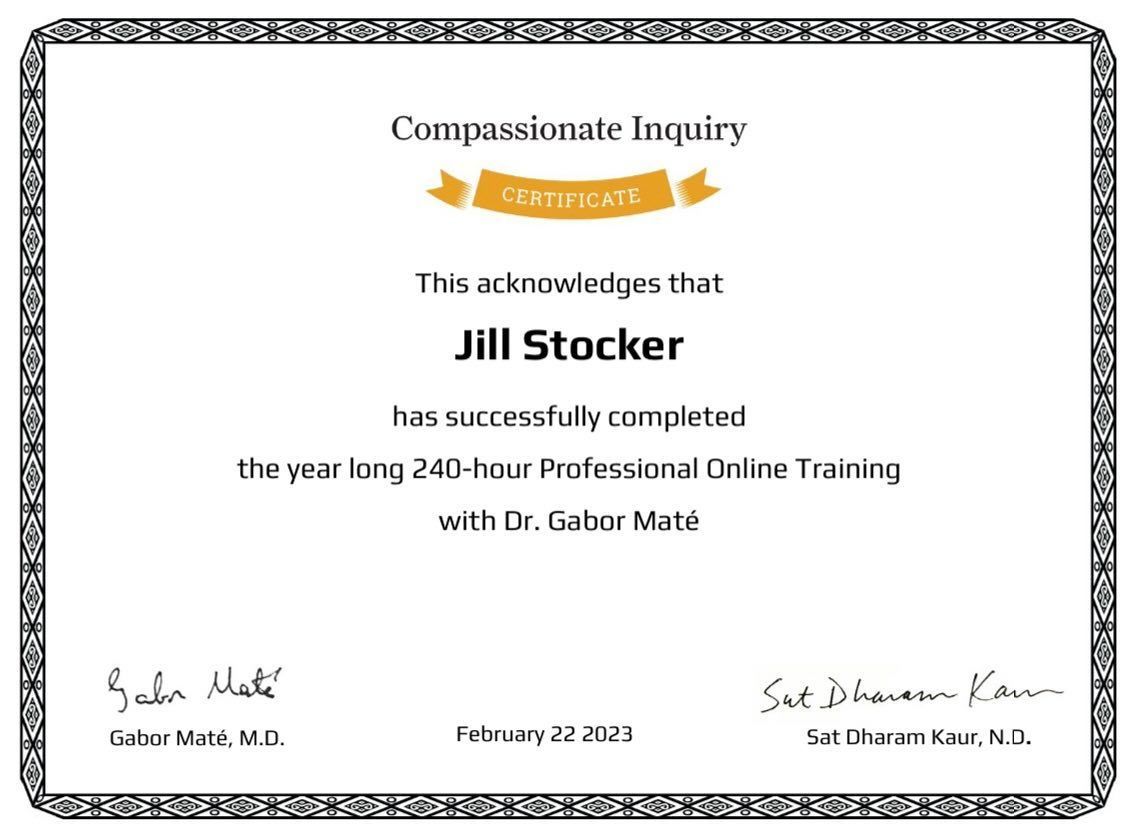TRAUMA INFORMED MEDICINE
Trauma-informed medicine is a relatively new approach to healthcare that takes into account the prevalence of trauma in patients' lives and how it can impact their health outcomes. This approach recognizes that many patients have experienced trauma, whether it be physical, emotional, or psychological, including racial and collective, and that it can affect not only their mental health but also their physical health.
Trauma can lead to a variety of health problems, including chronic pain, substance abuse, anxiety, depression, and other mental and physical health conditions. Common symptoms that people often disregard as stress or "part of getting older" are fatigue, lack of motivation, low level underlying feeling of anxiety/depression/being in trouble, brain fog, difficulty concentrating/focusing, emotional highs/lows/difficulty coping with little and big stressors(nervous system dysregulation), sleep disturbances, and more.
To address these issues, trauma-informed medicine incorporates principles of trauma-informed care, which include safety, trustworthiness, choice/agency, collaboration, and empowerment. These principles emphasize the importance of creating a safe and supportive environment for patients, building trust through transparency and clear communication, and involving patients in their own care.
One of the key components of trauma-informed medicine is the use of trauma-informed screening and assessment tools, such as the ACES assessment (https://www.acesaware.org/wp-content/uploads/2022/07/ACE-Questionnaire-for-Adults-Identified-English-rev.7.26.22.pdf), as well as someone who has been specifically trained in the trauma realm. These tools can help healthcare providers identify patients who have experienced trauma and assess the impact that trauma has had on their physical and mental health. This information can then be used to develop individualized treatment plans that address the person's specific needs.
It is important to note that trauma-informed medicine is not just for patients who have experienced obvious or extreme trauma, such as physical or sexual abuse. Many patients have experienced more subtle forms of trauma, such as neglect, emotional abuse, or growing up in a household with addiction or mental illness. Trauma-informed medicine recognizes that these experiences can have a profound impact on a person's health and well-being and seeks to address them in a compassionate and effective way.
In conclusion, trauma-informed medicine represents a promising approach to healthcare that recognizes the impact of trauma on physical and mental health. By incorporating principles of trauma-informed care, screening and assessment tools, and trauma-informed interventions, it's possible for people to overcome the effects of trauma and achieve better health and longevity outcomes. As this approach continues to gain momentum, it has the potential to revolutionize the way we think about and deliver healthcare. Until then, it's imperative people know it's more than okay to advocate to be listened to, heard, and witnessed…to listen to their own inner healer and find the proper external healer in alignment with their needs and goals. This work can be done with or without the assistance of psychedelic medicine, and again, in the properly informed and trained hands.
You deserve to live a fully realized and liberated life.
